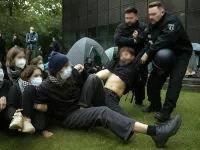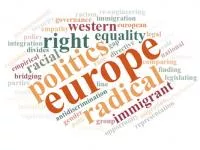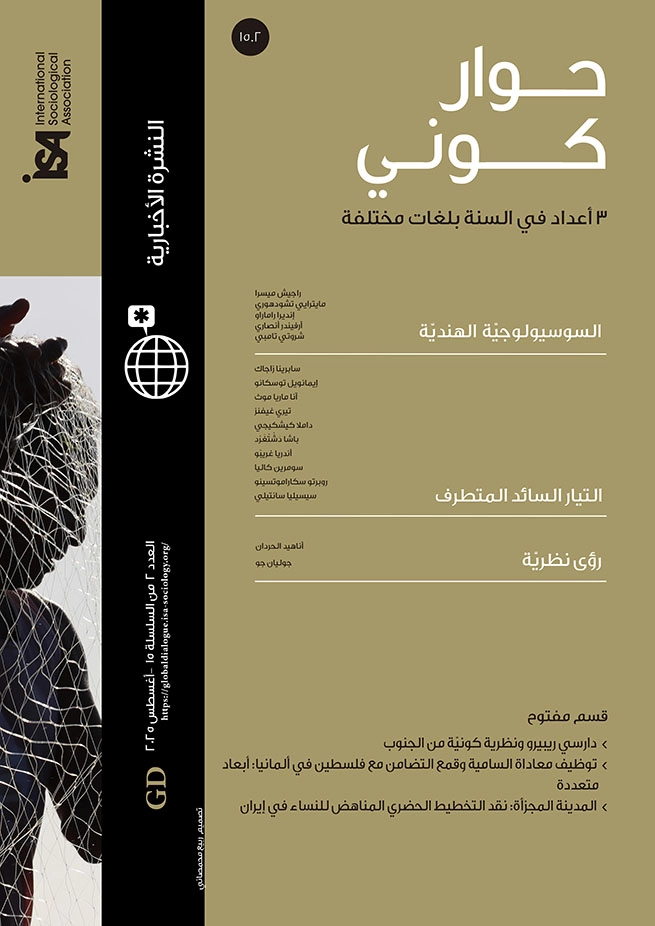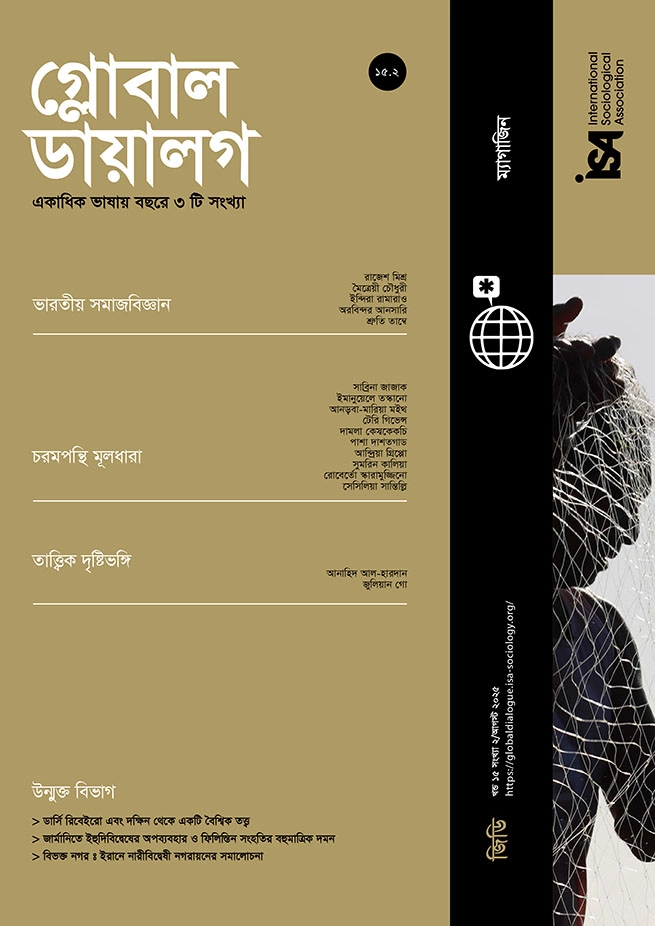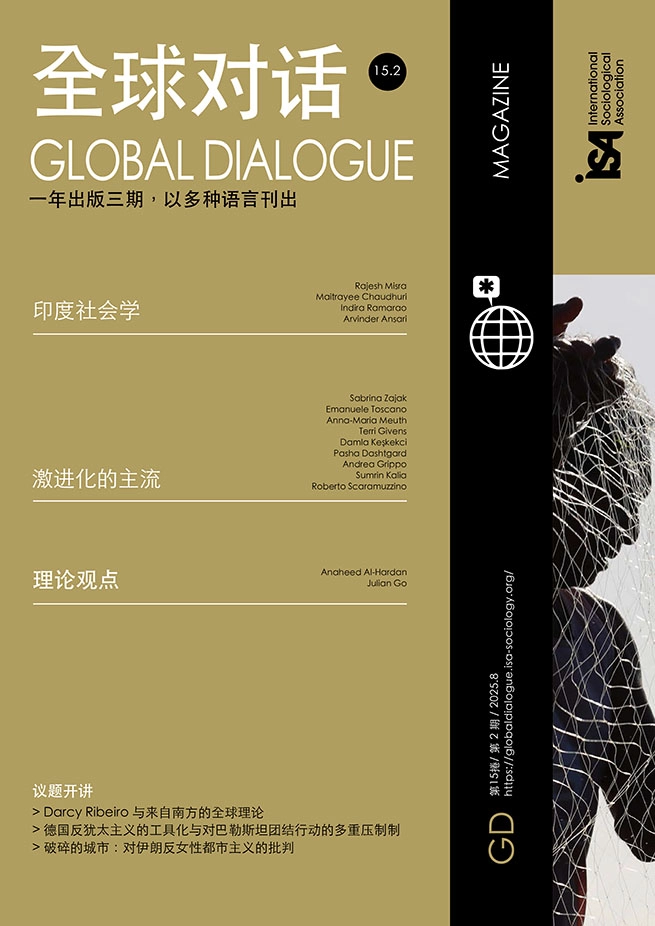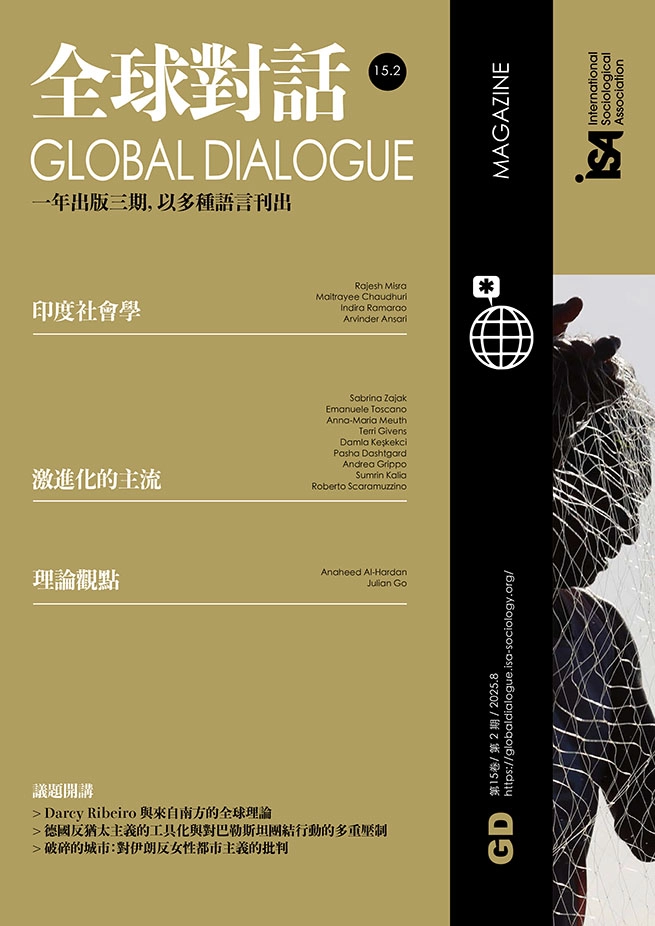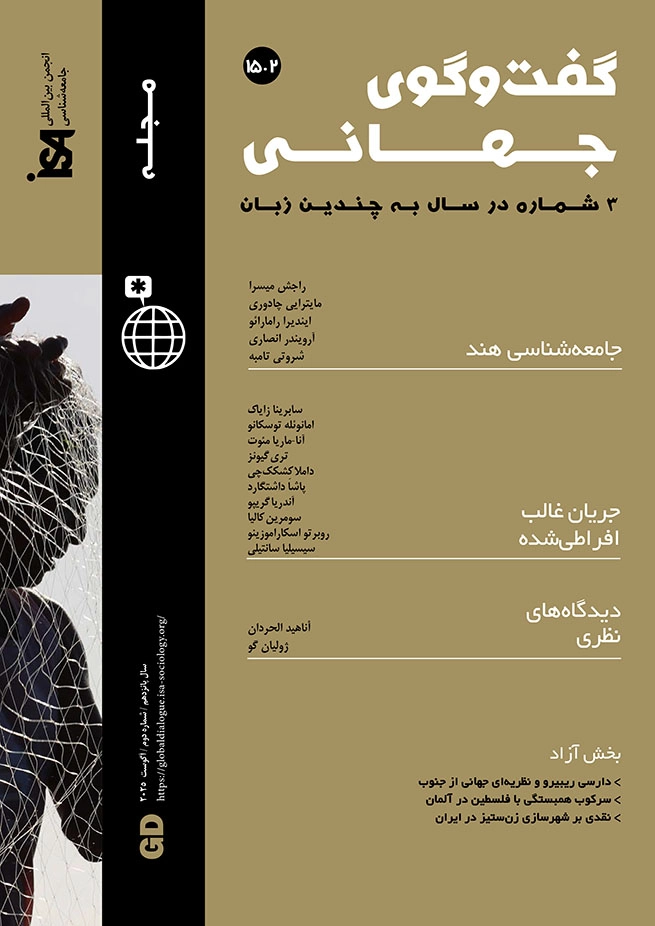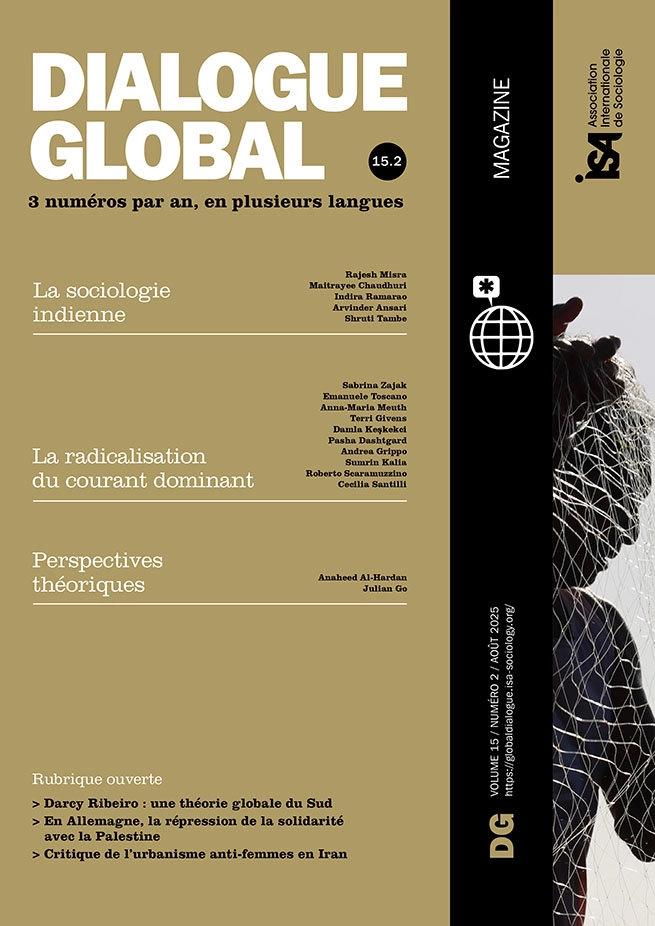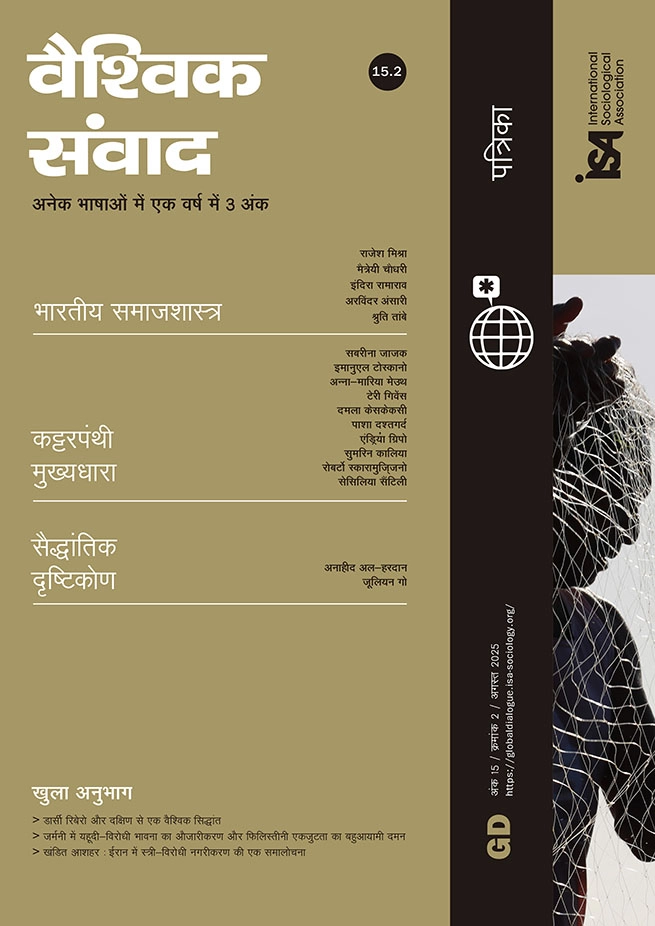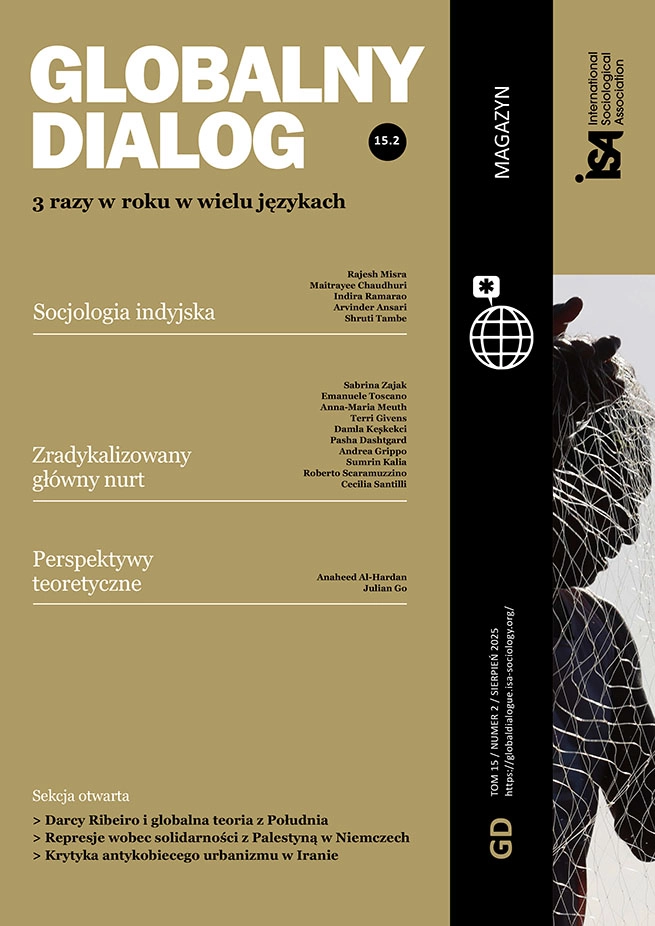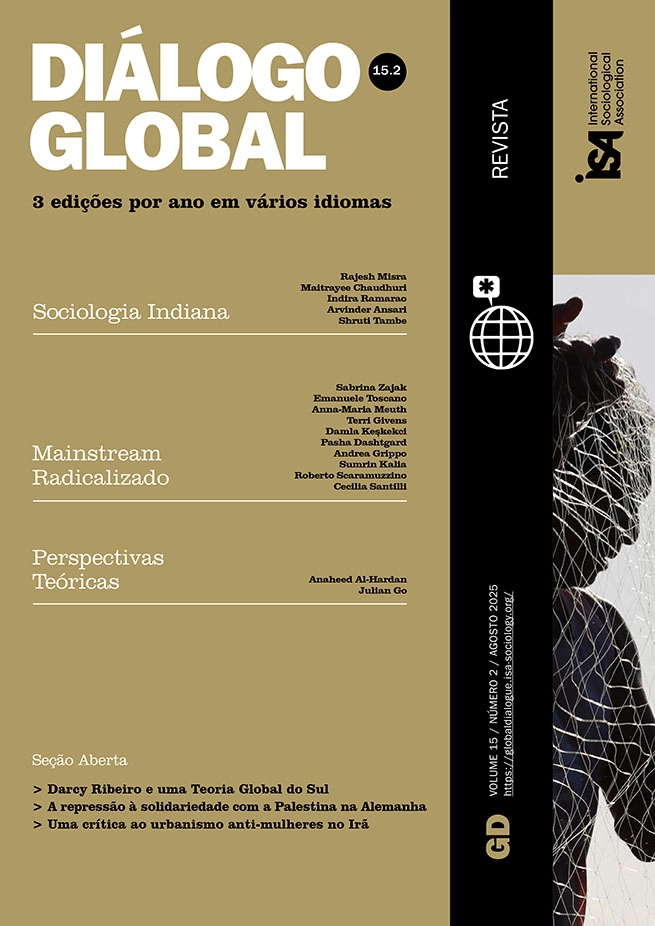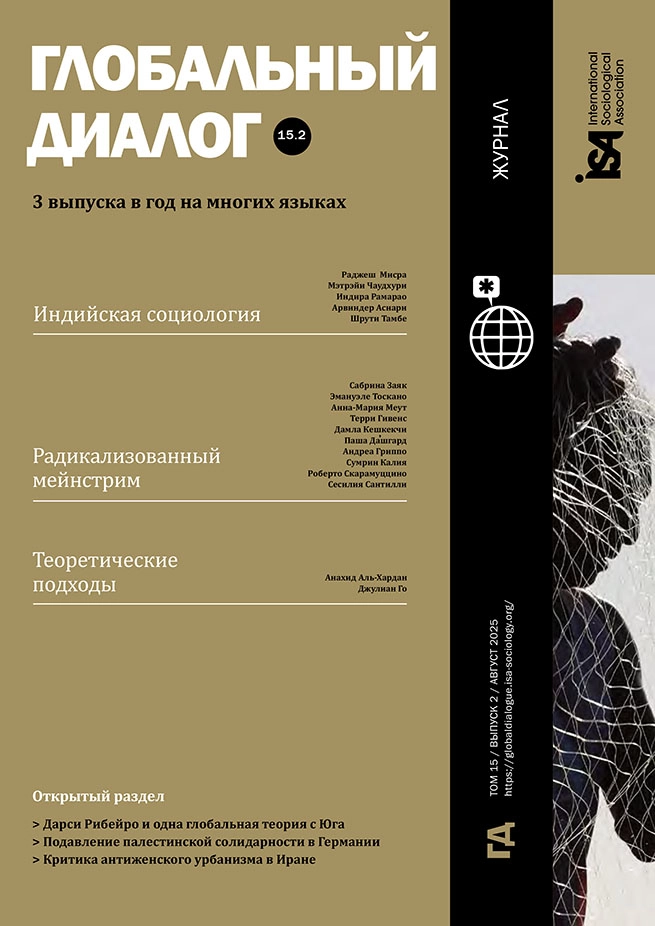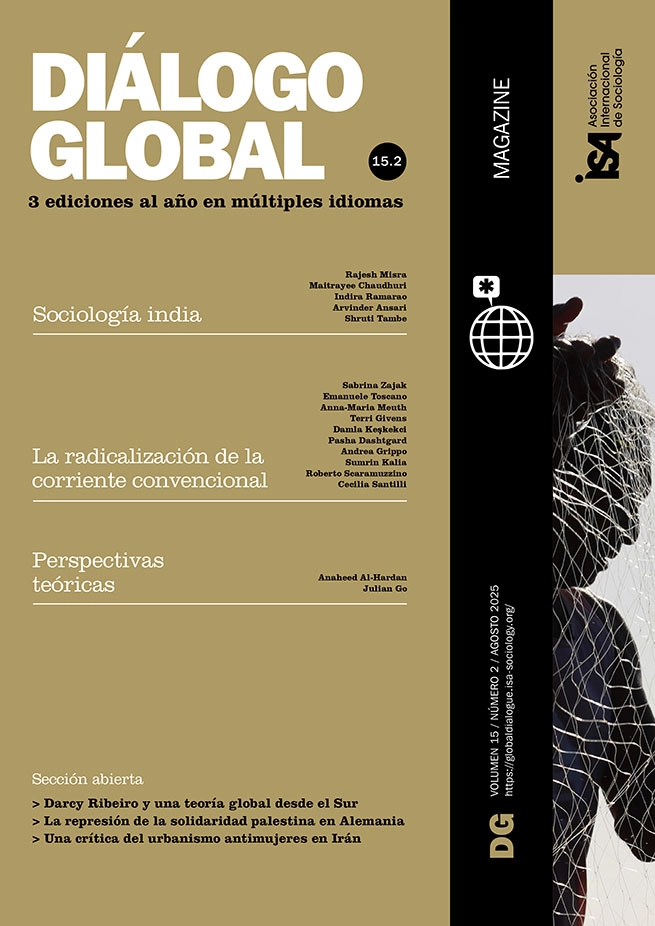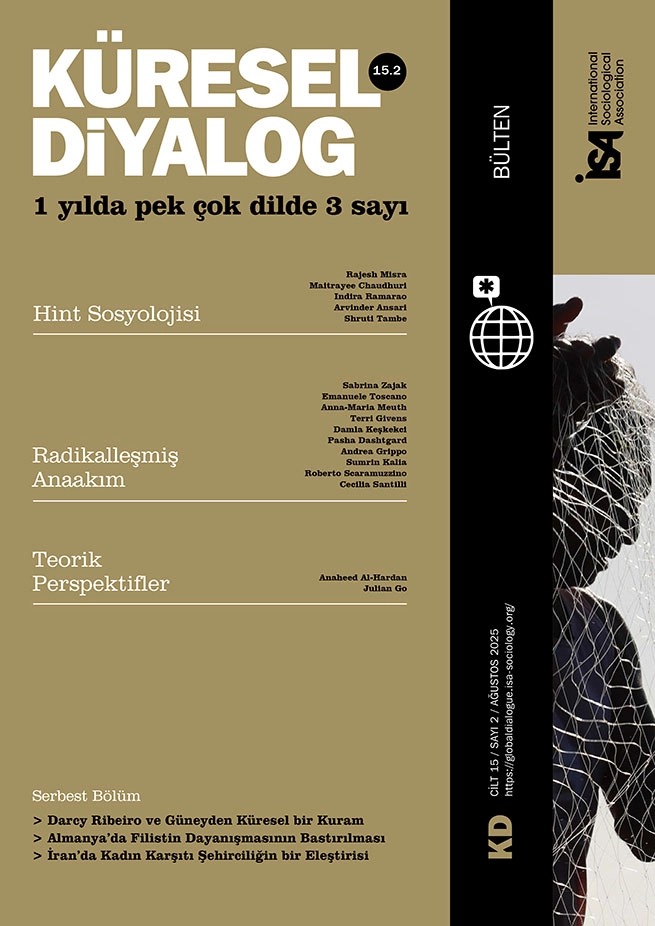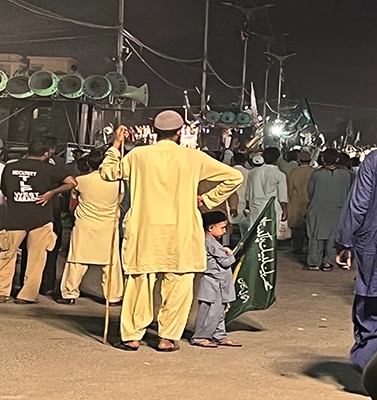Across Europe and beyond, the far right is no longer a fringe force. Far-right parties have gained considerable electoral successes and used state apparatus to prosecute minorities, crack down on human rights organizations, and embolden vigilante violence against marginalized communities.
Why and how have far-right parties managed to gain popular appeal? These questions have been the focus of several scholarly endeavours. Some scholars argue that rapid changes brought about by globalization and modernization have resulted in economic and cultural grievances, creating fertile conditions for the rise of far-right parties. Others contend that the unresponsiveness of mainstream political parties, the decline of class-based voting, and the increasing mediatization of politics have facilitated the resonance of far-right exclusionary ideas.
The case of Pakistan
Such conditions have always existed in some countries, such as Pakistan. However, the tutelary control of the military and weak institutionalization of electoral competition have constrained the rise of far-right parties in Pakistan. Nonetheless, their ideas have gained considerable popularity and have resulted in increased hostilities towards minorities as well as feminist and liberal groups in Pakistan.
In this article I argue that to understand the resonance and normalization of far-right ideas, we need to shift our focus to civil society understood as a sphere of social and political engagement. Far-right parties use movement strategies to exploit existing grievances, expand the influence of their ideas, and modify political behaviour, attitudes, and culture.
To illustrate my argument, I examine the case of a far-right party in Pakistan. Pakistan offers an interesting case to study the normalization of far-right ideas in civil society because political institutions are weak when it comes to enforcing democratic norms, and the military controls political competition through selective patronage and repression of political actors. Consequently, political competition spills over to civil society where far-right parties engage not just in conventional political preference formation, but also in contentious mobilization.
In what follows, I show how the party uses movement-like strategies to increase the resonance of its exclusionary ideas. In particular, I illustrate three techniques used by the party leaders, members, and activists to expand their ideas and norms.
Tehreek-e-Labbaik Pakistan (TLP)
Tehreek-e-Labbaik Pakistan (TLP) claims to be a religious political party whose agenda is to protect Pakistan’s anti-blasphemy laws, which specifically target offenses related to Islam, its sacred figures, and the Quran. The party emerged onto Pakistan’s political scene in the 2018 elections, fielding 262 candidates, and ranked as the fifth largest party. By 2024 elections, it ranked fourth, surpassing all established Islamist parties. Beyond elections, TLP has silenced any debate on the reform of blasphemy laws. It has justified extra-legal killings and attacks on Ahmadis, feminists, and activists.
Pakistan offers a compelling case for studying the normalization of far-right ideas in civil society because political competition is not fully institutionalized through elections but instead unfolds within civil society. The country’s political institutions such as its judiciary, legislature, and executive remain weak when it comes to enforcing democratic norms because its powerful military not only restrains these institutions but also limits civil liberties. High degrees of inequality and elite capture have crippled social mobility, while any activism by leftist, secular, and feminist groups remains constrained. The military has historically adopted selective patronage, supporting various political actors, including Islamists, to maintain control. While previous military regimes favoured Deobandi and Salafi groups, the current establishment has facilitated the rise of TLP, granting it greater political space and legitimacy.
Techniques of civil society encroachment
Much like most far-right parties in Europe, TLP combines electoral and movement strategies, allowing it to engage in both civil society and formal political competition. Far-right parties often originate within civil society as social movements before transitioning into formal political entities, organizing themselves as movements or mass parties. As hybrids, they combine electoral and movement strategies, whereby political entrepreneurs and activists invest in both contentious mobilization and conventional political preference formation.
As a movement party, TLP has used the three techniques I detail below to expand its influence and gain legitimacy in civil society. Together, I term these “techniques of civil society encroachment”, which expand the influence of the party’s ideas and norms. By encroachment, I refer to a cultural process in which the boundary between civil and uncivil society is transgressed – such that the uncivil encroaches upon the civil.
Reframing narratives
TLP reframes religious narratives to serve its political goals. For example, the Prophet’s visit to Taif – historically told as a story of patience and forgiveness – is reframed by TLP’s charismatic leader Khadim Hussain Rizvi to incite hate and revenge. Similarly, the story of Ilam Din, a young Muslim who killed a Hindu publisher in colonial India, is retold by TLP activists to glorify extra-legal violence. These reinterpretations are reinforced through evocative speeches, edited social media videos, and rhetorical strategies that conflate religious devotion with political action.
Network brokerage
TLP expands its reach by co-opting grassroots activists who serve as brokers between different networks and enable TLP to infiltrate existing religious organizations and networks. For instance, during the 2018 elections, TLP activists made connections with organizations such as Dawat-e-Islami (DI) and Sunni Tehreek used WhatsApp groups to circulate TLP propaganda. Similarly, they also disseminated their political messages in student organizations like Anjuman-e-Tulba-e-Islam (ATI), which helped mobilize support for TLP’s Faizabad sit-in. These brokers facilitated the spread of the party beyond its core sectarian base, extending its influence into different religious, educational, and political spheres.
Symbolic performances
TLP embeds its exclusionary ideas in existing religious symbols and practices to increase their resonance. Mosques, particularly the Bahar-e-Shariat mosque in Karachi, serve as sites where routine religious gatherings are appropriated for political mobilizations. Rituals such as reciting Prophetic praise are repurposed to disseminate TLP narratives. During election campaigns, the Prophet’s sandals (Nalaain) were used as a campaign symbol, while the practice of kissing the thumb as an act of devotion to the Prophet was reinterpreted as a symbolic act of voting for TLP.
In Pakistan, conditions such as pre-existing socio-cultural divisions, military patronage, and the weakness of counter-movements have facilitated encroachment by TLP. The party has capitalized on historical Islamist movements, particularly the anti-Ahmadi campaigns of the 1950s and 1970s, reframing their narratives while rebranding itself around the “sanctity of prophethood” to gain legitimacy. It also benefitted from Pakistan’s hybrid political system, where the military selectively tolerates and patronizes religious parties while repressing others, thereby allowing TLP to expand its influence beyond the Barelvi sect. Meanwhile, other civil society actors, such as religious minorities, left-wing parties, and secular feminists, remain too constrained by repression and patronage politics to counter growing TLP influence.
While Pakistan’s weak civil liberties, religious nationalism, and political clientelism create fertile conditions for encroachment on civil society, it may be worth exploring whether and how civil society is encroached upon in contexts with strong political institutions, protection of civil rights, and institutionalized political competition. In the end, it is not only political institutions but also a strong civil sphere that can resist far-right encroachment into civil society and the normalization of their ideas worldwide.
Sumrin Kalia, Freie Universität Berlin, Germany <sumrin.kalia@fu-berlin.de>
